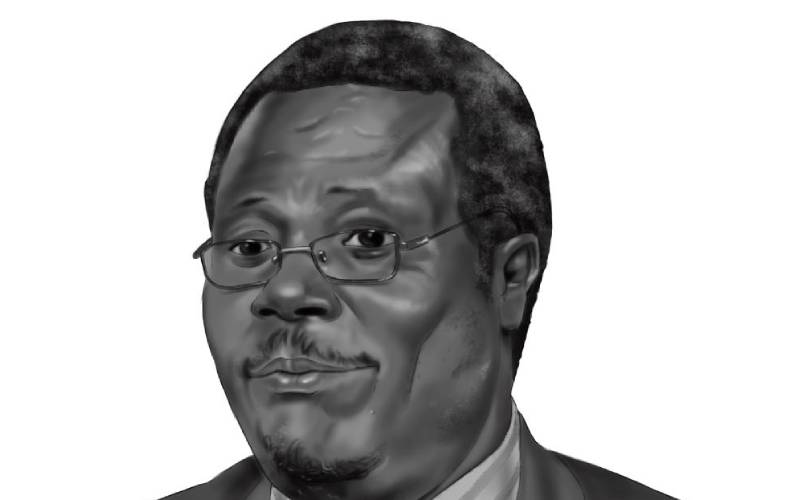×
The Standard e-Paper
Kenya’s Boldest Voice

Macharia Munene. [File, Standard]
In a world of changing geopolitical thoughts, there is a move to redefine existing definitions of geographical zones that defy common sense. This redefinition starts with a people in particular places recasting their concept of the global centre.







